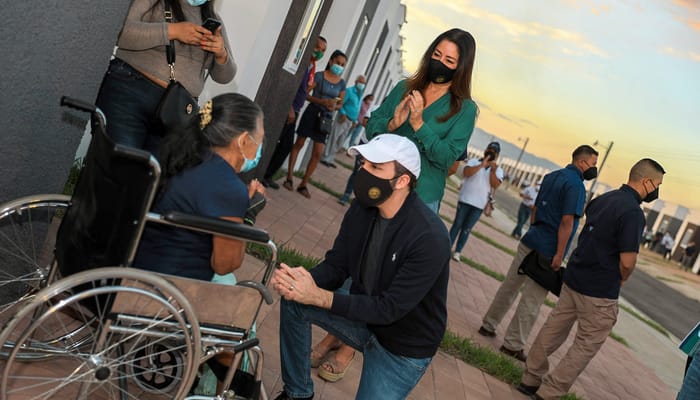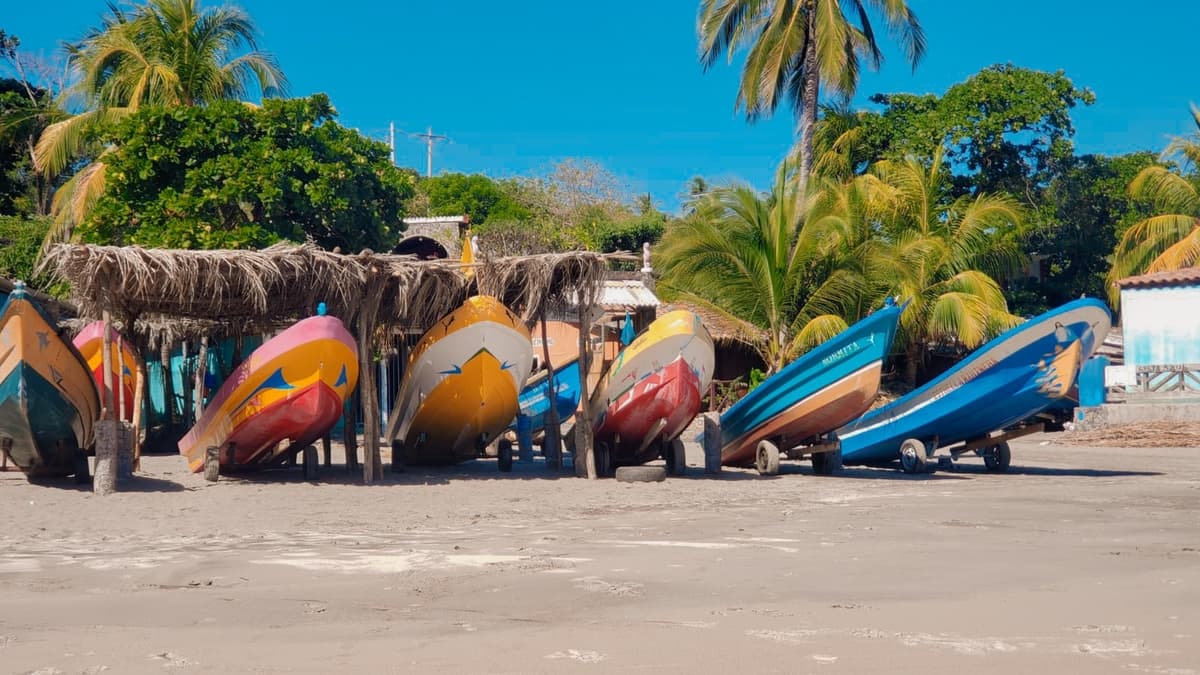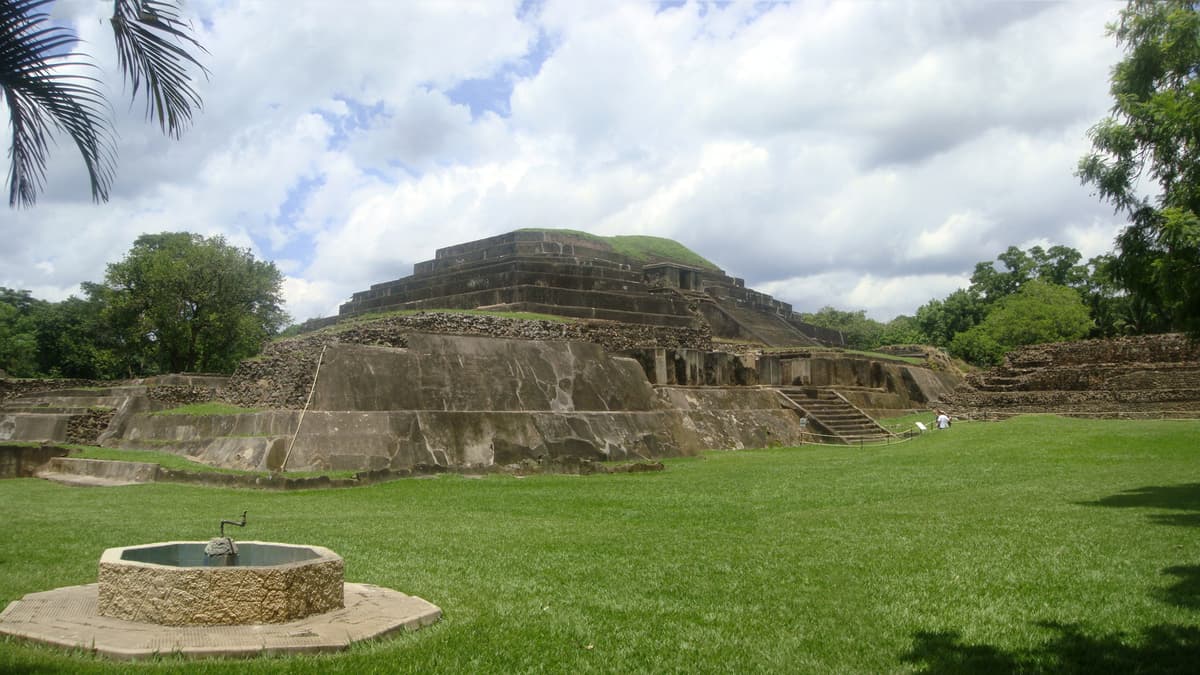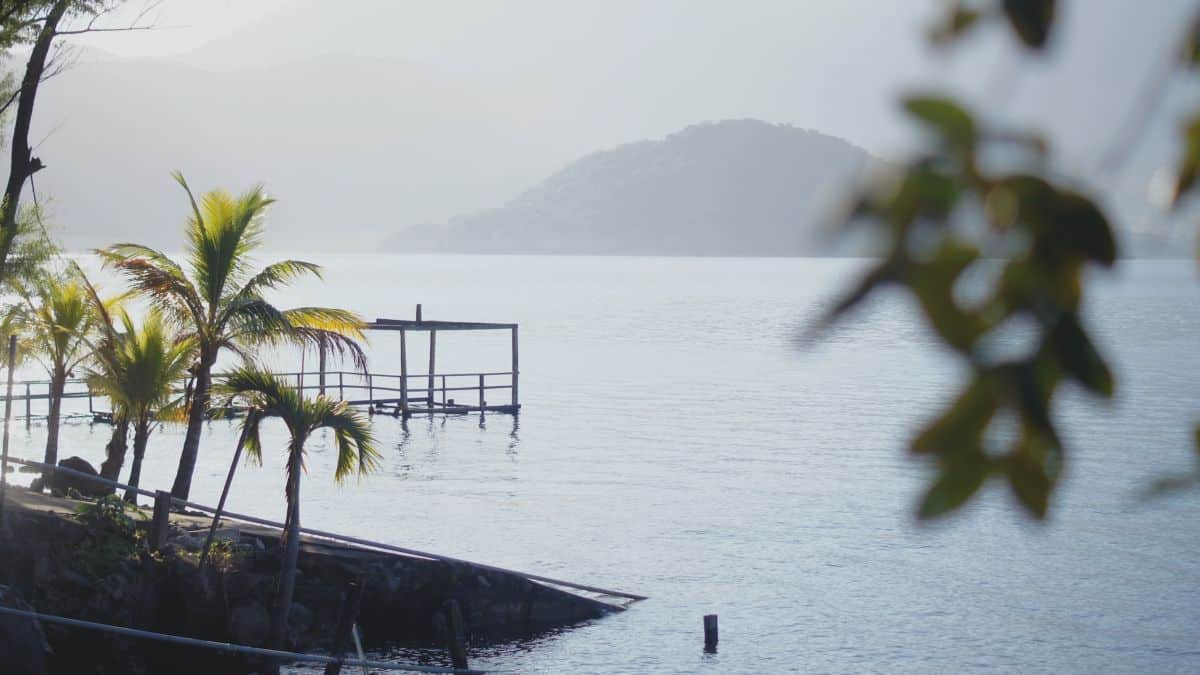A look at President Nayib Bukele’s landslide win in yesterday’s El Salvador legislative elections.
Yesterday the first of several Central American elections in 2021 took place, as El Salvador selected its new legislature.
Beforehand, the election promised to be the most interesting in the region, all about the popularity of President Nayib Bukele, and how much he could expand his power base.
It was never about whether he would expand his power base at all… for a long time now, that’s been a given.
These midterms were always a gauge on just how much power the people were prepared to give him. And it turns out, they’re prepared to give him a lot.
Central America elections to watch in 2021 (El Salvador, Belize, Nicaragua, Honduras with an honorable mention to Costa Rica)#centralamerica #elections2021https://t.co/rzJWxWty4z
— CentralAmericaLiving (@VidaAmerica) January 12, 2021
President Nayib Bukele wasn’t on the ballot, but make no mistake, this election was all about him.
Since taking office in February 2019, Bukele’s star has continued to shine, despite worrying authoritarian signs, both before and during the pandemic.
In February 2020, he raised concerns by bringing troops into the Legislative Assembly to force a budget approval. This might have generated more condemnation if COVID hadn’t hit straight after. Bukele was the first Central American president to shut down his country, before El Salvador even had any cases.
The lockdown in El Salvador was particularly harsh. The military roamed the streets, ready to arrest and confine anyone caught leaving their homes more than the permitted twice-a-week food runs.
Bukele delayed and delayed El Salvador’s repoening. He fought with the Supreme Court and the legislature to keep El Salvador in lockdown. None of this affected his popularity with the people. When El Salvador finally reopened in August and September, many saw him as a hero figure for not backing down to opposition rulings.
What The Coronavirus Lockdown Looks Like In El Salvador https://t.co/U32HVflx77
— NPR World (@nprworld) June 18, 2020
Since taking office in 2019, Bukele’s New Ideas party has had no representation in the legislature.
This forced him to rule by decree to advance his agenda, fighting every step of the way with ARENA and FMLN, the two traditional parties who both hate him.
To many Salvadorans, ARENA and FMLN (ARENA on the right, FMLN on the left) represent years of conflict and corruption. Bukele’s popularity as a fresh face comes as no surprise. He sets himself up as a counter to the old guard.
Also, under Bukele, El Salvador’s homicide rate has plummetted, making people feel safer. Talk of Bukele’s negociating with the gangs to ease up on the violence makes no difference.
People feel safer under Bukele than they have done in years. They also feel more optimistic, despite the pandemic. Bukele pushes forward a positive “El Salvador can do anything” point of view many find refreshing.
This is why, despite the hardships of the past year, despite worrying restrictions on the press and a continuous ignoring of Supreme Court rulings, Salvadorans are happy to throw their votes behind Bukele. They blame ARENA/FMLN obstruction to Bukele for the country’s problems, not Bukele himself.
Say what you like about #ElSalvador president @nayibbukele, but he’s got the homicide rate WAY down since taking office in 2019. Which can only be a good thing for post-lockdown tourism, says @GaldyINFO:https://t.co/yrRnLckH8X
— CentralAmericaLiving (@VidaAmerica) August 28, 2020
So the only question was always going to be just how many legislative seats would New Ideas win from a starting point of zero.
The Salvadoran legislature needs a 2/3 majority for any party to take control. In the 84-set chamber, that works out at 56 seats.
Bukele has easily won that amount of seats, although the exact amount isn’t clear as counting continues. But with at least 56 seats assured, he’s managed to wipe out the two old parties in the space of two years, and create a supermajority of legislatures ready to smooth through his agenda.
The last time a party won this big in the legislature was ARENA in 1994 when they won 39 seats. New Ideas has obliterated that record.
With at least 56 seats, passing laws and appointing judges becomes easy for Bukele. So does, say critics, the removal of checks and balances on his presidency, including term limits.
Boca de Urna legislativa en El Salvador.@nuevasideas con amplia mayoría
Aún faltan 23 diputados por asignar. https://t.co/gSXthpoarV pic.twitter.com/9OviOschdp— CID Gallup (@cidgallup) March 1, 2021
It’s too early to say how Bukele will handle his new responsiblity and freedom to govern as he pleases.
Will he take the dark path his enemies warn about and become a new dictator in Central America?
Or will he work for the benefit of the Salvadoran people (as he claims he’s always doing) and fulfil the upbeat, hopeful promises that helped make him so popular in the first place?
¡VICTORIA! pic.twitter.com/nkDDovCFEd
— ?? (@nayibbukele) March 1, 2021
James Dyde is the editor of www.centralamerica.com. He lives in Escazu, Costa Rica.




